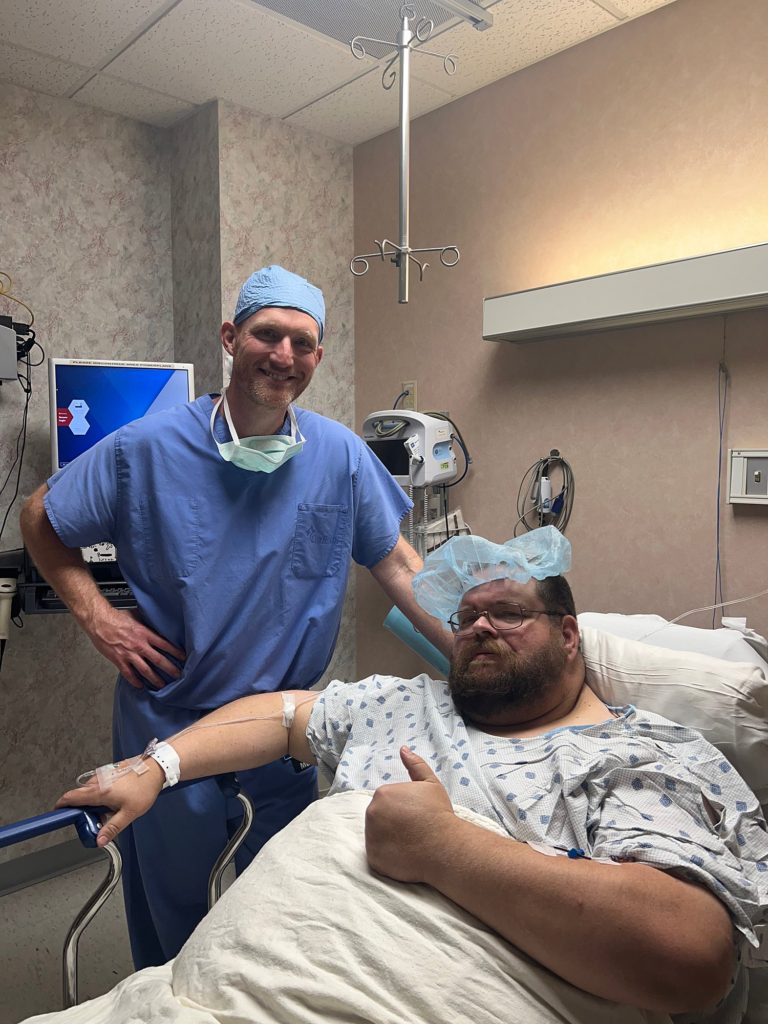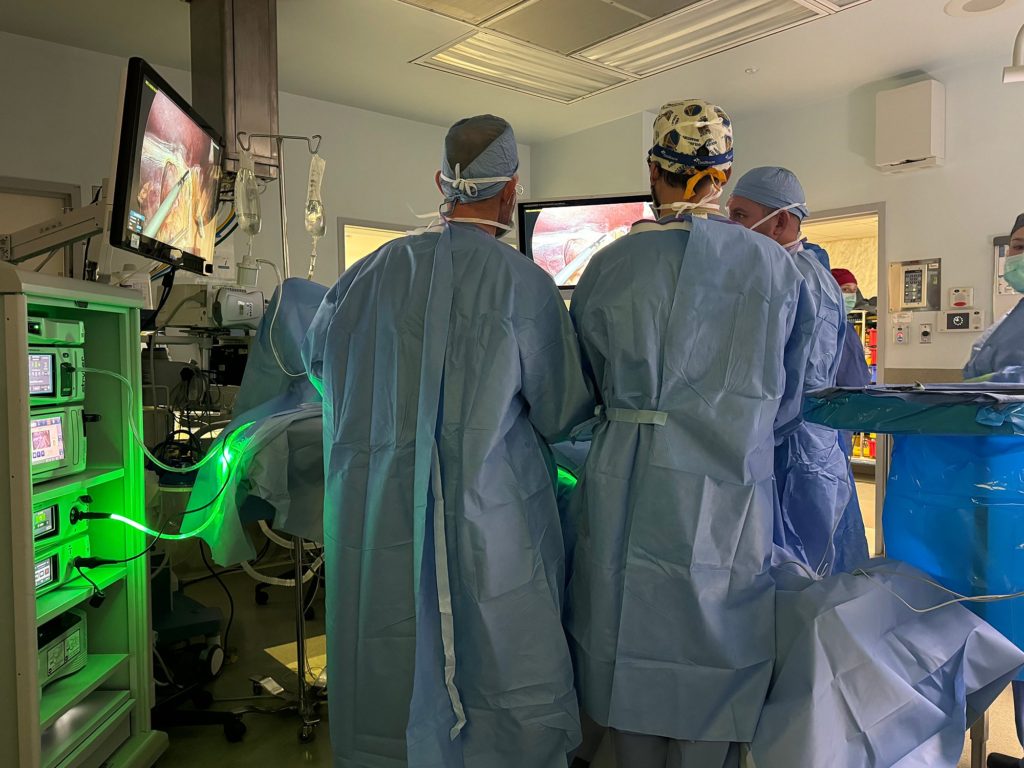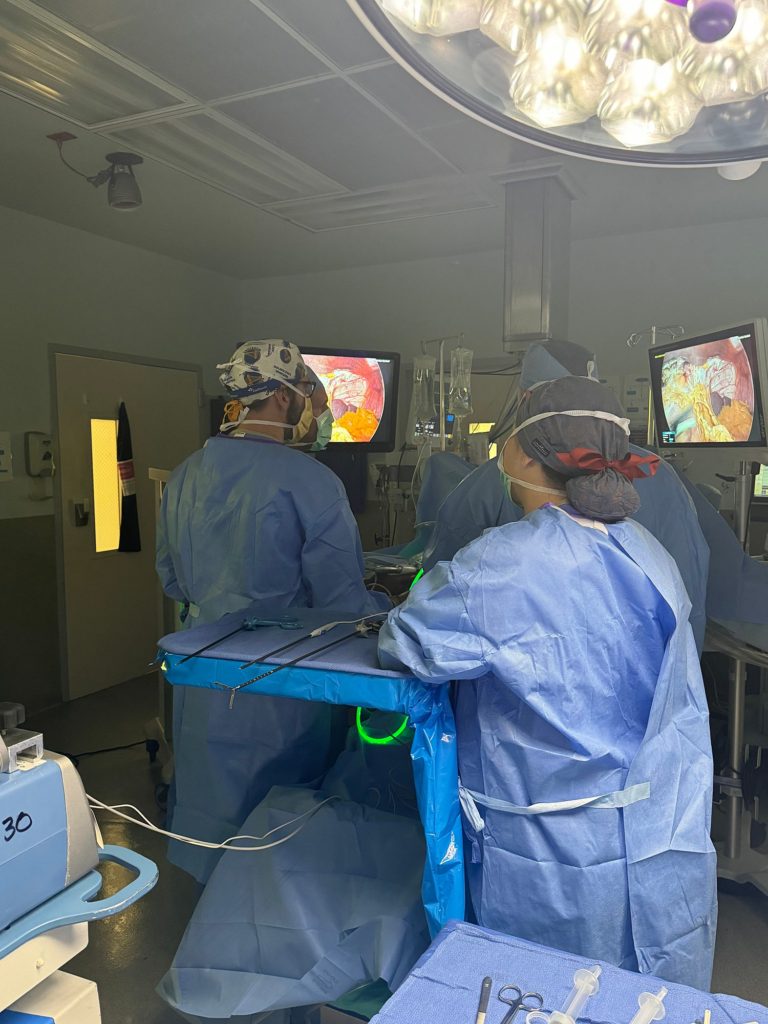

- 000-000-0000
- info@mattsimpsonmd.com
- Office Address
- Office Hours - CST
- Monday - Friday: 9:00 AM - 6:00 PM
- Saturday & Sunday: Closed
- 417-533-6780
- By Appointment Only
- 120 Hospital Dr. Lebanon, MO 65536





Interested in this surgery or want to learn more?
Click the button below, fill out the from, and we’ll contact you soon!



